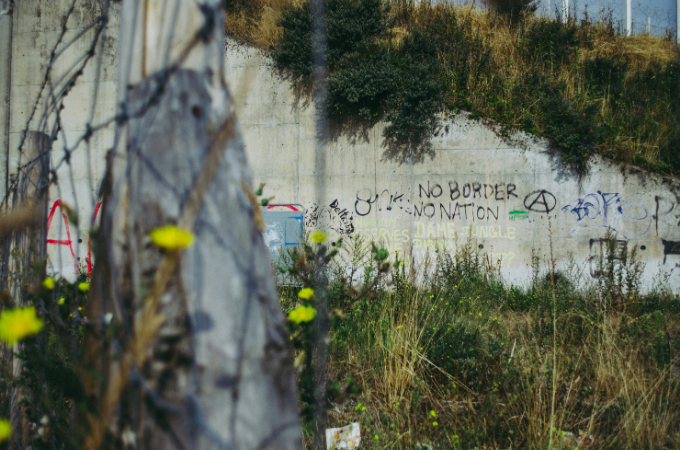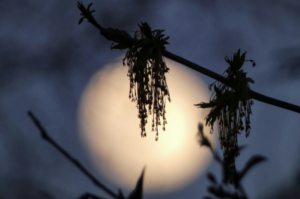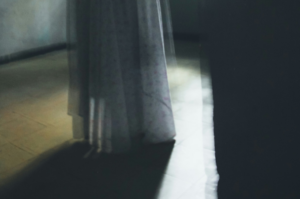
For My People in War
Blackness as invisibility. Blackness as sin.
Even in a war, nobody came for them.
These Africans, boarding trains
in a burning city. Ukraine.
Were they pushed off, shoved, told to get down?
Babies in their arms,
children, wide-eyed, drained
by a war that belongs
to those who belong, told to get down?
No trains or busses, and no airplanes
to carry the heaviness of their Black bodies
across the border that is too white to know
that beneath Black skin, blood
also flows hot, red, and clots the same,
and that the heart, when it stops,
stops, not because it is black.
On foot, they walked through bombed streets,
hungry, tired, they walked until the Polish border
met them, that is, if they survived the terrain.
And then at the borders, they were asked
for the buses and trains
and airplanes that spewed them out
unless they cleaned up
their dark skins.
Borders are for those who come on trains
or buses, those who belong, they were told.
Border officers asked them about their skin color
without asking about their skin color.
They asked these Africans
and Indians and others with less dark skins
about the same trains that spilled them out like dirt,
where guards ushered them off onto railroad
tracks and along shelled streets where buildings
hung onto frail steel shattered bricks after Russia’s
bombing and air raids.
Our people left the books they came
to Ukraine to read, but carried their color,
their dark kinky hair, their African bodies.
But back in Africa, people still weep
for Ukraine, donations, sent to heal
Russia’s war victims while in the bordering
jungles of Poland, our brothers starved,
feet swollen, the cold, eating at them
as they walked back into fire and bombings
to see if a train or bus would forgive them
the sin of the God of skin color.
Photo by Radek Homola on Unsplash










COMMENTS -
Reader Interactions